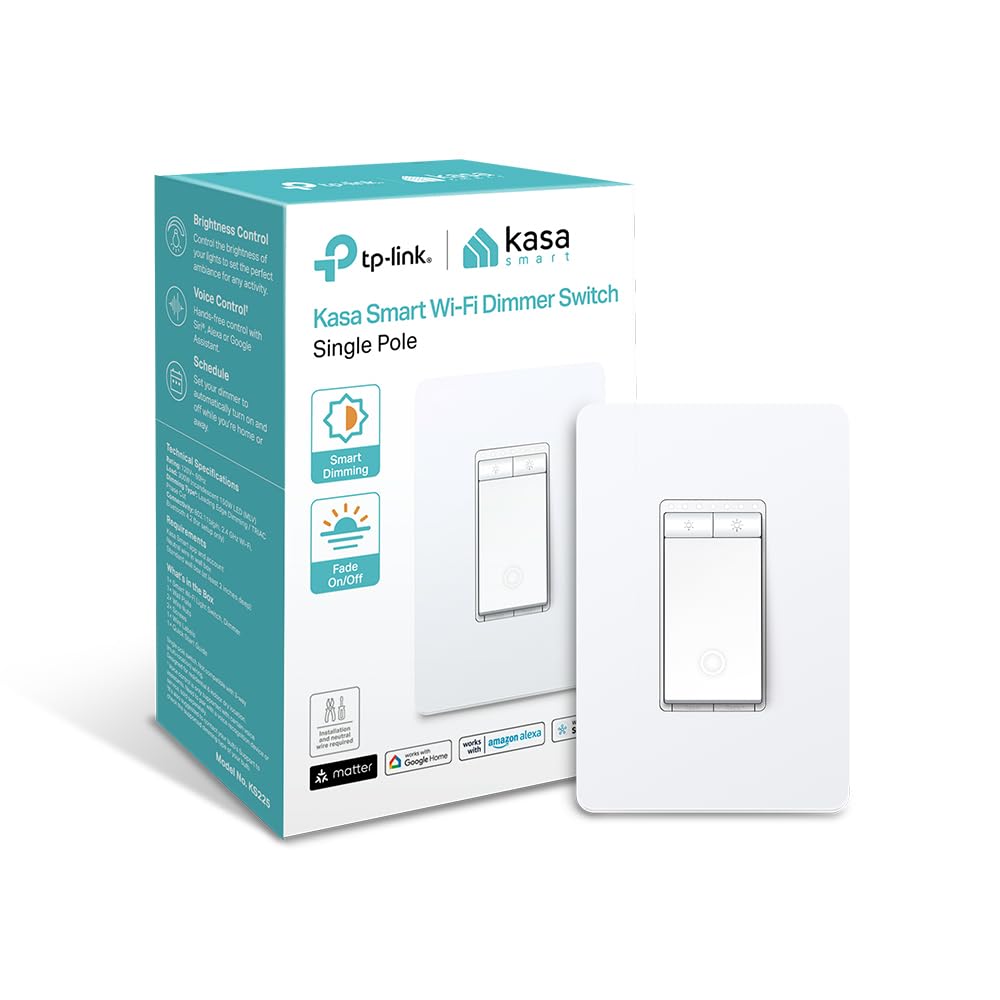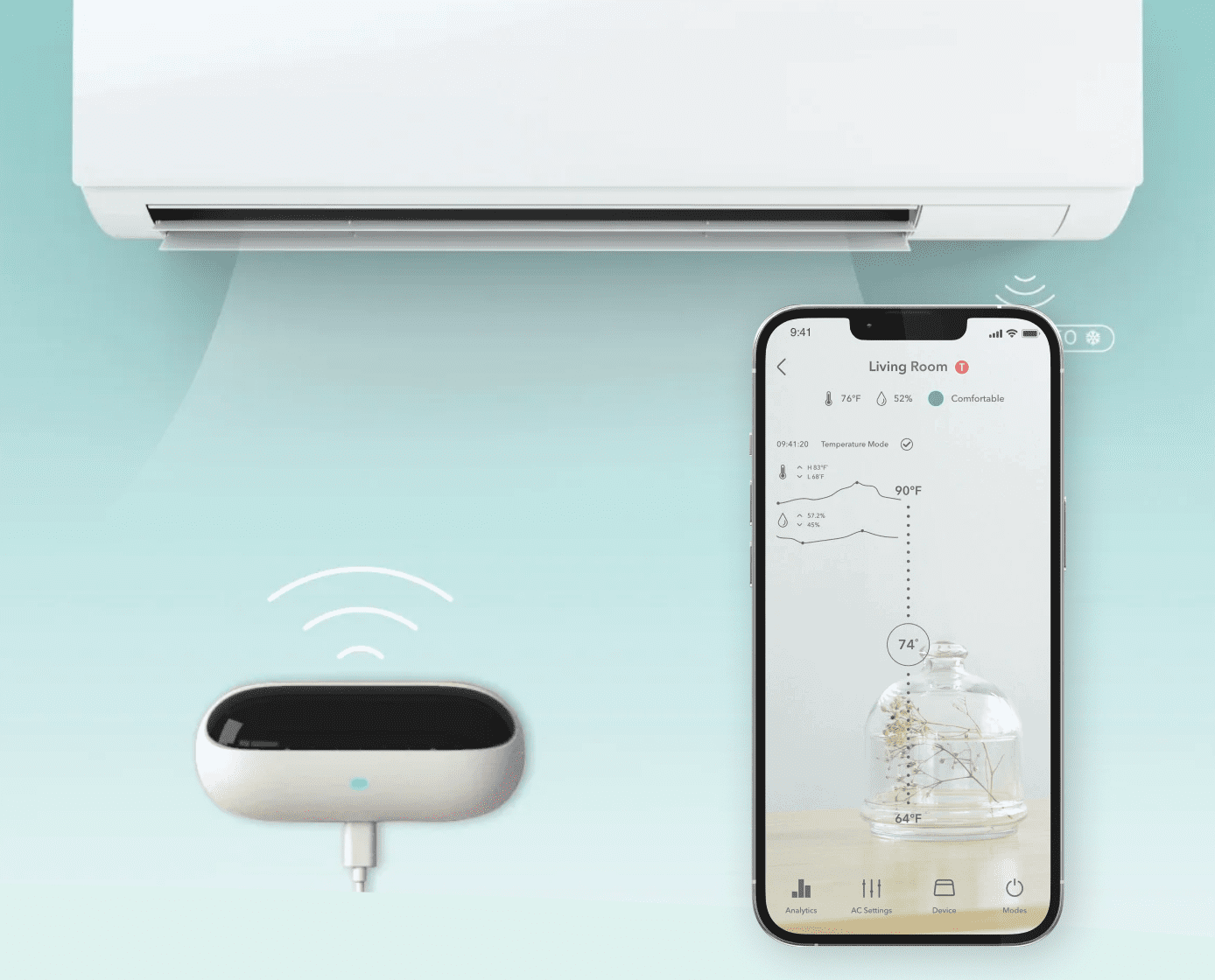What are the downsides of using Matter?
Here on MatterAlpha, we like to wax lyrical about the benefits of Matter. But maybe you're wondering if there are any downsides to using it? Here are three possible downsides you should be currently aware of.

Please note: This page may contain affiliate links. Read our ethics policy
Matter is designed to make it easier to connect and control smart home devices from different manufacturers.
However, as much as we like to wax lyrical about how great it is, and how it is definitely going to revolutionize the smart home industry, we would be remiss if we didn’t cover three of the drawbacks to using Matter that you should be aware of before deciding to adopt it.
Note that these are three current drawbacks. The likelihood is that they won't apply in the near-future. And the fact that we can only come up with three (and we wracked our brains on the topic), tells you something about how advanced the technology already is. How many other emerging technologies can claim to only have three issues?
Matter is still in its early stages of development

One of the biggest drawbacks of Matter is that it is still in its early stages of development. This means that there are not a huge number of Matter-compatible devices available yet, and the ones that are available can be more expensive than their non-Matter counterparts.
However, with big names such as Google, Amazon, Apple, Samsung, and Phillips, signing on to the Matter standard, the future looks extremely promising for Matter. It will just take a bit more time for it to be fully developed, for it to fully dominate the market.
Other smart-home standards still dominate

Another drawback of Matter is that it is currently not as widely supported as some other smart home standards, such as Zigbee and Z-Wave. This means that you may have a harder time finding Matter-compatible devices, and you may also have to use a different hub or bridge to control your Matter devices if your existing hub or bridge does not support Matter.
But again, with companies like Google, Amazon, and Apple making their devices readily compatible, this would only be an issue if you were using devices from lesser-known brands that have still to catch up. One look at Amazon will show that Matter devices are starting to make an increasing appearance, and that number will only go up from there.
Not a lot of information means that troubleshooting issues can be difficult

Finally, Matter is a relatively new standard, so there is not as much information available about it as there is about other smart home standards.
This can make it difficult to find technical support for Matter devices, and it can also be difficult to troubleshoot problems with Matter devices. It can also perhaps make you hesitate about making the jump to Matter if there isn't a whole lot of technical documentation out there for you to read up on, before you open your wallet and make the investment.
One of Matter’s selling points, however, is its ease of setting it up for the first time, so troubleshooting and need for tech support would only perhaps become necessary later, when it is up and running.
Conclusion - do your homework first!
Overall, Matter is an exciting new smart home standard, but it is important to be aware of its current drawbacks before you decide to adopt it. If you are looking for a smart home standard that is currently widely supported and has a lot of devices available, then Matter may not be the best choice for you in the short-term.
However, if you are the kind of person who likes to look at things bigger picture, then a smart home standard that is easy to use and has the potential to be very reliable, means that Matter would be a very good option for you.
Since all smart devices will eventually become compatible with Matter, then setting it up now would future-proof your home. Plus, as more users adopt it, companies who haven't jumped on the Matter train yet will be encouraged to do so.